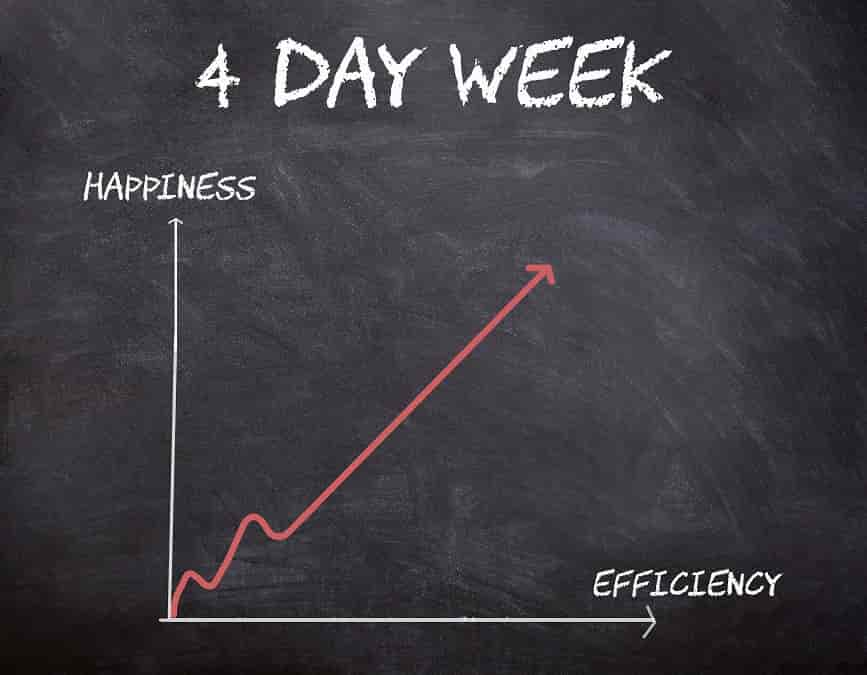The Workers Union has hailed the success of the recent four day week trial, describing it as ‘a pathfinder for other businesses.’
In a statement released this morning, a spokesperson for the organisation said: ‘The Workers Union has always been in favour of flexibility at work. In July of 2021 we highlighted the results of a 4-day week trial run by Reykjavik City Council and asked whether a similar measure should be considered in the UK. Since the inception of the UK based project, we have followed the story with interest.
‘We are delighted to see that the trial has been a success and look forward to other companies adopting similar policies.’
61 companies from a number of different sectors of the economy took part in a trial that ran from June to December last year. Workers were offered a 4 day week (equating to 32 hours) with no loss of pay. The only condition was that staff had to be as productive in four days as they would be in a standard working week.
The pilot was set up by 4 Day Week Global in partnership with the think-tank Autonomy. It was also backed by the 4 Day Week Campaign, and researchers at Cambridge University, Oxford University and Boston College.
Now that the trial has concluded, 56 of the 61 firms who took part say that they plan to retain the four day working week.
The director of the 4 Day Week Campaign, Joe Ryle, described the trial as a ‘major breakthrough moment’, adding: ‘Across a wide variety of sectors, wellbeing has improved dramatically for staff; and business productivity has either been maintained or improved in nearly every case.
‘We’re really pleased with the results and hopefully it does show that the time to roll out a four-day week more widely has surely come.’
The Workers Union Says…
The number of companies prepared to continue with the four-day week arrangement is significant. It would have been unthinkable a decade ago, when orthodox ideas of what constituted a productive working week still held sway. But in the post-pandemic world, companies are slowly learning the value of uncoupling hours at the desk from perceptions of hard work.
This is an important step forward. Execs must realise that the number of working hours is not the issue; it’s the number of productive hours. Implicit in this, is the acceptance that structuring the working week in a way that allows a better work/life balance is more likely to deliver lasting results, than tying staff to their desks 5 days a week.




